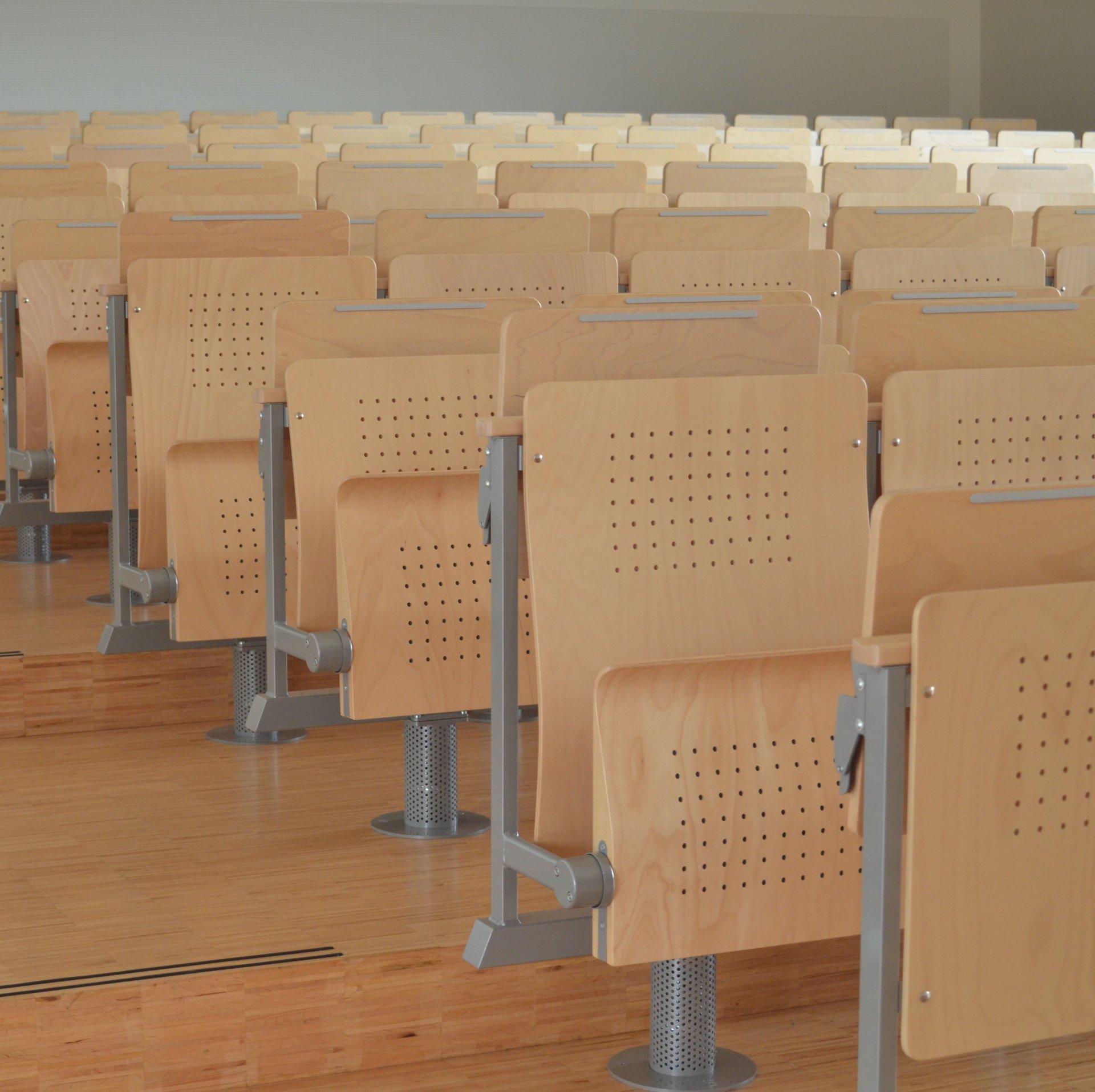- Press Office
- Press releases 2022
- Seminars 2022
- Amelia-Elena Rotaru
Amelia-Elena Rotaru: Geoconductors transferring electrons between species involved in seabed methane emissions
Geoconductors transferring electrons between species involved in seabed methane emissions
Anthropogenic activities promote the mobilization and sedimentation of black carbon, clays, or iron minerals that may act as geoconductors. Such geoconductors could accelerate methane emissions from the seabed prompting a domino effect on climate change. We recently showed that geoconductors (e.g., activated carbon or magnetite) were required for the interspecies cross-feeding of a methane-producing consortium from the Baltic Sea1. Previous to that, we showed that geoconductors accelerate methane production in synthetic dual-species consortia that typically function via direct electron transfer. Although many recent reports show that geoconductors are required or beneficial for interspecies cross-feeding, it is unclear how microorganisms interact via geoconductors. My team recently investigated this knowledge gap2. We compared the gene expression of a synthetic Geobacter metallireducens – Methanosarcina horonobensis consortium3 provided with or without a geoconductor. Our results indicate that distinct cytochrome-porin genomic islands were differentially expressed when Geobacter interacted via a geoconductor but not directly with a partner methanogen. Interestingly, Geobacter also expressed different cytochrome-porin genomic islands also when exposed to other methanogenic partners. These results suggest that Geobacter modulates the expression of extracellular multiheme c-type cytochromes to match their extracellular electron acceptor, be it different methanogenic partners or geoconductors.
To join the seminar, please use the following link:
For further information, please get in touch!
